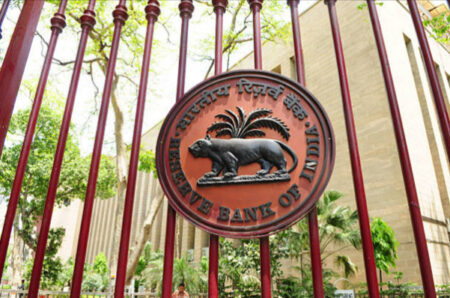BJP State President, Daggubati Purandeswari, has brought the alleged financial irregularities committed by the Andhra Pradesh government to the notice of Union Finance Minister, Nirmala Sitharaman. In a representation submitted in New Delhi on July 27, Purandeswari highlighted concerns about the State government’s approach to raising loans and managing its fiscal responsibilities. She accused the YSR Congress Party (YSRCP) government of mismanagement, resulting in a significant increase in the State’s debt burden. The accusations of mismanagement, reliance on speculative revenues, and diversion of funds demand prompt attention and action.
Financial Mismanagement and Rising Debt:
Purandeswari raised concerns about the State government’s approach to borrowing beyond the limits defined by the Fiscal Responsibility and Budget Management (FRBM) norms. In addition to borrowing within the FRBM limits, the government was allegedly raising loans from other sources to bypass the restrictions. The debt burden of Andhra Pradesh, which was ₹97,000 crore when the successor State was formed in 2014, surged to ₹3,62,375 crore by the end of 2019. Purandeswari pointed out that under the YSRCP government’s leadership, the debt burden has skyrocketed to ₹10.77 lakh crore, attributing the increase to mismanagement.
Controversial Financing Methods:
One of the objectionable aspects highlighted by Purandeswari was the State government’s decision to raise loans through a corporation that reportedly lacked any income. This practice, along with mortgaging the State’s assets and projecting future revenue from liquor sales, raised serious concerns about the financial prudence of such actions. The use of unconventional financing methods and reliance on speculative future revenues has been a point of contention, with critics questioning the sustainability and transparency of such practices.
Allegations of Fund Diversion and Employee Benefit Deprivation:
Purandeswari also accused the Andhra Pradesh government of diverting funds devolved by the Central government, as recommended by the 15th Financial Commission. This diversion, according to her, hindered the proper allocation of funds and undermined the principles of fiscal federalism. Furthermore, she alleged that the government deprived employees of some of their statutory benefits, including Dearness Allowance (DA) and General Provident Fund (GPF). Such actions not only impact the financial well-being of employees but also raise questions about the government’s commitment to meeting its obligations.
Appeal for Action:
In her representation to Union Finance Minister Nirmala Sitharaman, Purandeswari urged decisive action to address the alleged financial irregularities in Andhra Pradesh. The concerns raised by the BJP State President highlight the need for greater scrutiny and accountability in the management of public finances. As a Union Minister and in-charge of BJP’s Andhra Pradesh affairs, V. Muraleedharan was present during the submission of the representation, underlining the seriousness of the matter. Purandeswari sought swift action to resolve the alleged financial irregularities in Andhra Pradesh in her letter to Union Finance Minister Nirmala Sitharaman. The BJP State President’s worries emphasize the need for more oversight and responsibility in the administration of public funds.
Conclusion:
The submission of the representation by BJP State President Daggubati Purandeswari to Union Finance Minister Nirmala Sitharaman brings to the forefront the alleged financial irregularities committed by the Andhra Pradesh government. The accusations of mismanagement, reliance on speculative revenues, and diversion of funds demand prompt attention and action. As the issue gains prominence, stakeholders eagerly await the response from the Union Finance Ministry, seeking transparency, fiscal responsibility, and adherence to established financial norms. Addressing these concerns will be crucial in ensuring a stable and sustainable fiscal environment for the State and restoring confidence among investors and citizens alike.












